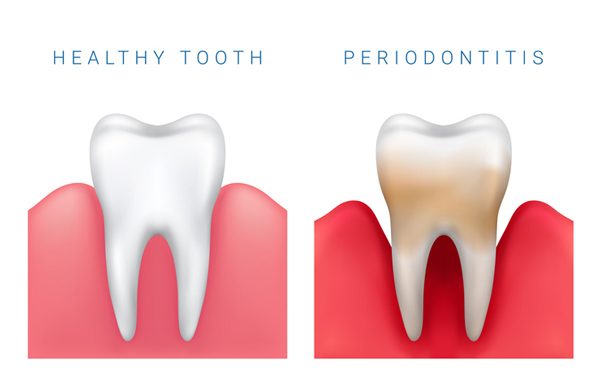A periodontist is a dentist who specializes in studying, preventing, and treating periodontal conditions such as gingivitis, periodontitis, loose teeth, bone loss around the teeth, and oral cancer. Many patients don’t realize prosthodontists are dentists because they specialize in dental prostheses. Prosthodontists can design partial dentures and bridges for missing teeth. They can also create implants to replace them. However, these two professionals can be quite confusing. Luckily, here are some identifiable differences between a periodontist and a prosthodontist:
Area Of Expertise
A periodontist treats gum disease and other issues related to the mouth. They often work as part of a team with other specialists like oral and maxillofacial surgeons. Likewise, prosthodontists specialize in restoring, replacing, or repairing teeth. They often work as part of a team with other specialists like oral and maxillofacial surgeons.
Procedures Performed
A periodontist can do everything an ordinary dentist does, plus more advanced procedures such as root canal therapy, gum grafting, and surgical removal of impacted teeth. A prosthodontist typically does not perform extractions or fillings but focuses on replacing missing teeth with dental implants or bridges.
Education Requirements
Both professions require at least four years of college education, followed by dental school, where they receive an additional four years of education. After graduation from dental school, they must pass licensing exams before practicing as a licensed member of their respective profession.
When To See A Prosthodontist
If you have damaged your teeth from an accident or other trauma, it may be time to see a prosthodontist. This can include damage from car accidents and sports injuries. You may also need to see a prosthodontist if you are missing several teeth due to disease or decay. A prosthodontist can create dentures or dental implants that will replace missing teeth and improve your smile.
When To See A Periodontist
Periodontists treat gum disease and perform tooth extractions when necessary. They can also diagnose oral cancer and perform bone replacement procedures such as root canals on teeth with no crowns (crowns are caps covering natural teeth). They can also place dental implants into the jawbone for missing teeth.









